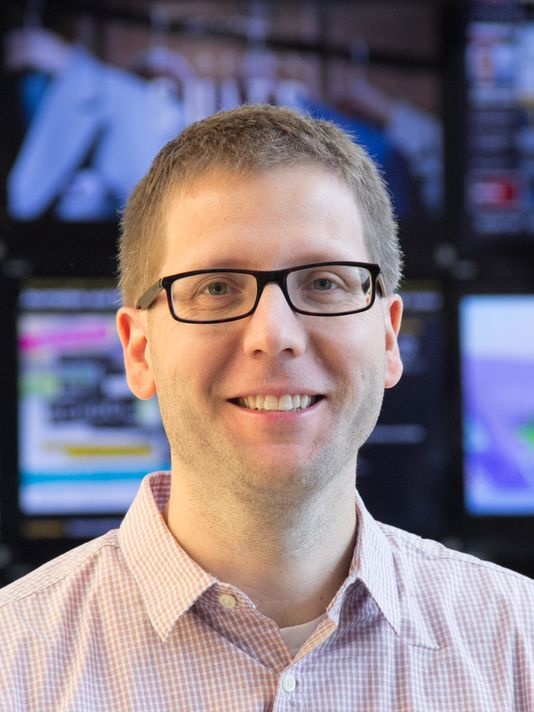
(Photo: Special to the Press-Citizen)
By Brian Ekdale, Iowa City Press-Citizen
In 1997, when fewer than a quarter of Americans were online, telecom giant MCI released a TV commercial that captured the cyber-optimism of the time. Over a montage of diverse faces, a chorus of voices declared: “There is no race. There are no genders. There is no age. There are no infirmities. There are only minds. Utopia? No, the Internet.”
No ad executive would dare pitch such a concept today, unless she hoped to get laughed out of the room. If you still believe the Internet is a utopia, I recommend you read the comments section of an article about immigration. Instead, cyber-optimism largely has given way to serial hand-wringing by those who denounce various digital technologies: selfies epitomize the narcissism of millennials; Tinder marks the end of dating and romance; Yik Yak is destroying college campuses, and so on.
So, is the Internet friend or foe? Before answering this question, I think it is important to recognize that the Internet is not the first technology to elicit extreme and often contradictory responses from the public. In the "Phaedrus," Socrates dismissed writing, arguing it was merely a “semblance of truth” that would encourage forgetfulness. More recently, Julian Hawthorne romanticized the telephone’s impact in a 1893 sci-fi story that imagined a future inhabited by global citizens “almost as closely united as the members of a family.” The truth is, once a technology becomes part of our daily routines, the "friend or foe" question largely disappears.
Your opinion on the Internet also depends on how you understand the relationship between technology and society. Some believe new technologies are powerful forces that dictate social, cultural and political relations. These “technological determinists” focus on the technology itself, questioning whether it produces positive or negative outcomes in society. Others believe people use technologies in ways that suit existing goals and interests. These “social constructionists” think about new technologies as tools that can be seized, adapted and appropriated by the public.
While there is plenty of middle ground between these two perspectives, this dichotomy draws attention to a key question in the study of new technologies. Who has the most power: technology or people?
This question, and how it has been answered throughout history and around the world, will be central to an upcoming WorldCanvass discussion, featuring University of Iowa faculty from Communication Studies, Journalism & Mass Communication, and Computer Science. The program, “Encountering New Technology,” will be held at 5 p.m. Tuesday at Iowa City’s nonprofit cinema arts organization FilmScene on 118 E. College St. The program is free and open to the public. Audience members are invited to enjoy a social hour from 4 to 5 p.m. preceding the show.
Brian Ekdale is an assistant professor in the University of Iowa School of Journalism & Mass Communication.